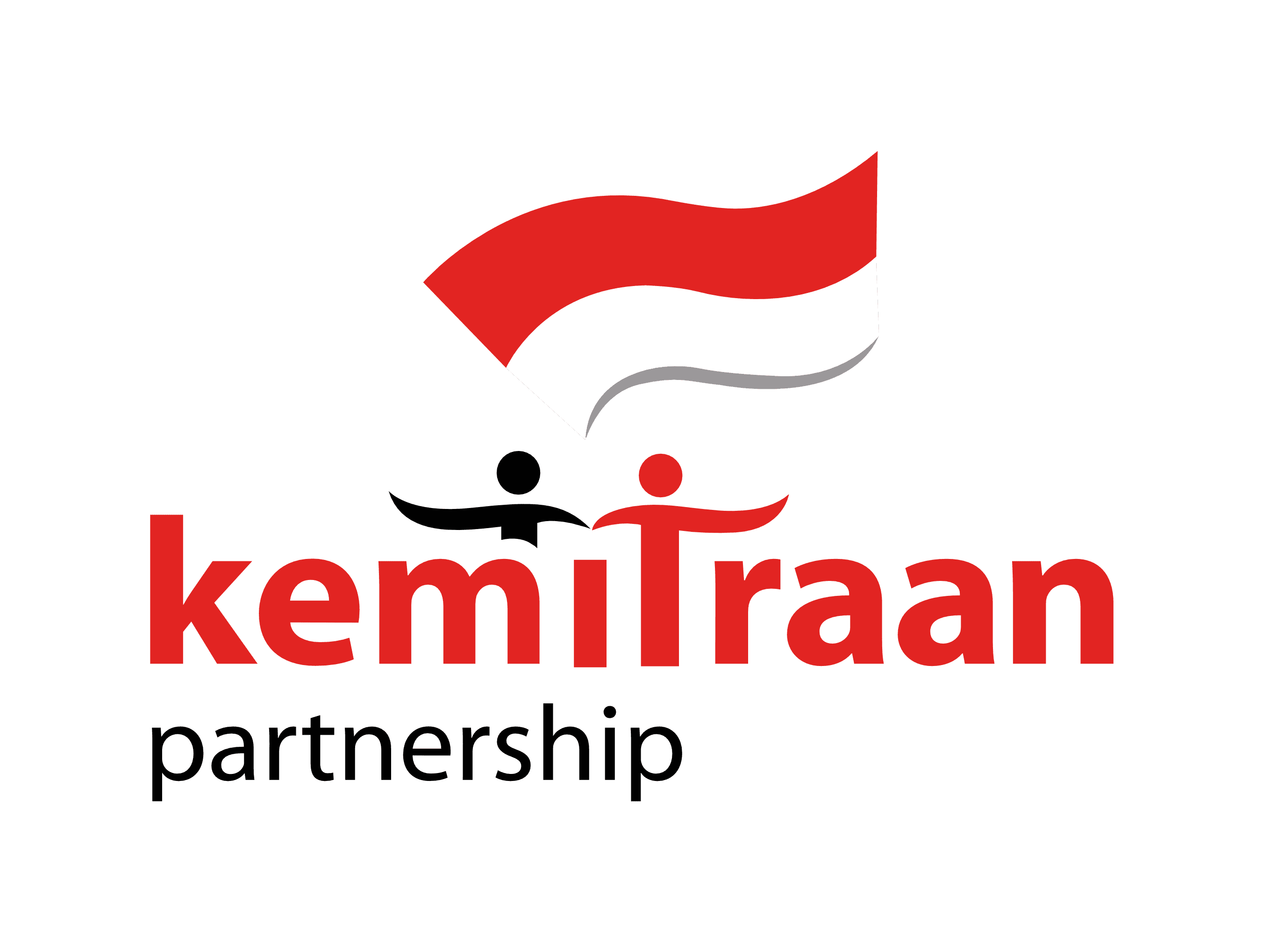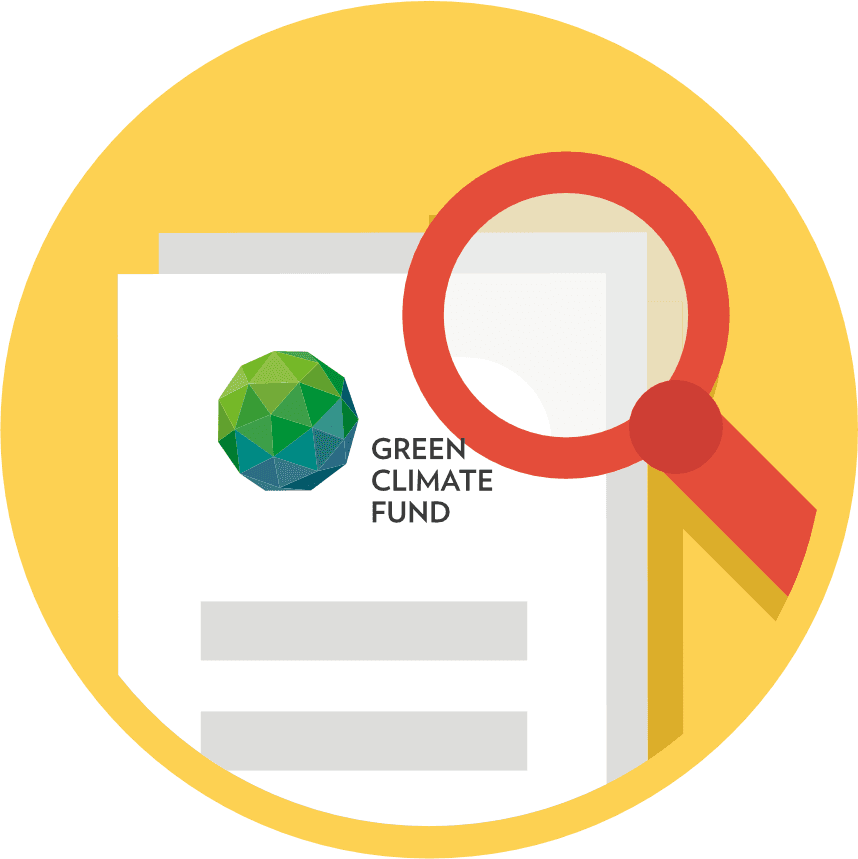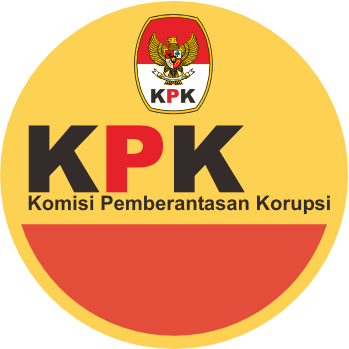
Throughout September 21–30, KEMITRAAN convened representatives from 76 Indonesian CSOs to gather input on the upcoming National Strategy on Corruption Prevention (Stranas PK), which will guide the Government of Indonesia’s anti-corruption efforts for the 2023-2024 period.
Through a series of topically focused discussions, KEMITRAAN compiled concrete proposals from 188 activists, academics, and practitioners on steps the government can and should take to prevent corruption in the management fisheries, forestry, other natural resources, state-owned enterprises, law enforcement, and political finance transparency. These robust discussions resulted in a list of 16 thematic proposals for inclusion in the Stranas PK – a strategy spearheaded by the Corruption Eradication Commission (KPK), in collaboration with the Ministry of Home Affairs, the Ministry of Bureaucratic and Administrative Reform, the National Planning Agency, and the Presidential Staff Office.
The Stranas PK’s targets and goals in the areas of licensing and commercial administration; state finances; and law enforcement and bureaucratic reform serve as a concrete reference for ministries, institutions, local governments, and other stakeholders in implementing Indonesia’s corruption prevention programming. As such, it represents a unique opportunity to tackle the range issues identified in the CSO forums, including unreported fishing and illegal dumping of marine fuel oil; the integration of natural resources permitting; the verification of civil servant wealth declaration reports; and the collection of corporate fines and penalties, among other issues.
These CSO forums were supported by the U.S. Agency for International Development (USAID), on behalf of the American people, under the Indonesia Integrity Initiative (INTEGRITAS) program – a new five-year, $10 million program implemented by KEMITRAAN in a consortium with Indonesia Corruption Watch (ICW), Transparency International Indonesia (TI-I), and the Basel Institute on Governance.
In addition to gathering input on future corruption prevention efforts, these forums also helped raise awareness among CSOs about ways in which corruption could potentially undermine their programming interventions, particularly in the conservation of marine and fisheries ecosystems.
“Joining this activity, we realize that corruption greatly impacts fisheries management in Indonesia. Today, we were encouraged to discuss this in more detail. Corruption is a challenge for us CSOs that have long been fighting and campaigning to save the sea,” said Greenpeace Indonesia sea campaigner, Afdillah Chudiel.
“We hope the recommendations as a result of this forum can affect the core problem of corruption prevention in the marine sector. This sector has the potential to increase foreign exchange that will impact welfare. But, on the other hand, we also have to consider the need for protection efforts since corruption is one of the threats to Indonesia’s marine potential and sustainability.”
USAID INTEGRITAS will submit the proposed programs to the Stranas PK 2023-24 team in mid-October, and advocate for their adoption into the final strategy document. The program believes that enhancing civic engagement, not only in the policy development process, but also in its monitoring and implementation, can lead to significantly improved outcomes. As such, it will continue to support collaboration between the government, private sector, and civil society in efforts to prevent corruption.






